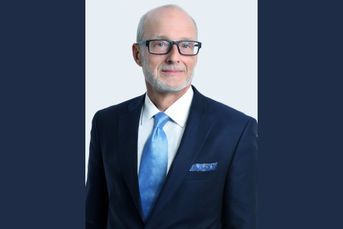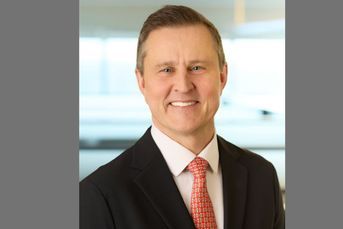Transamerica adds emergency savings accounts
 The Transamerica Pyramid building in San Francisco.
The Transamerica Pyramid building in San Francisco.
The insurance company is now offering its own line of rainy day funds for employees.
Transamerica has become the latest provider to offer emergency savings accounts as a benefit for employers seeking to help their workers in times of crisis.
The life insurance and retirement company announced today they will be rolling out their new rainy day funds for employees through new strategic relationships with Millennium Trust Co. and SecureSave. Transamerica said the new offering is designed to help employees save for unexpected events that may affect their ability to contribute to or preserve their workplace retirement savings account.
Transamerica’s emergency savings accounts, which are FDIC-insured up to the standard maximum deposit insurance amount of $250,000, will include enrollment campaigns to help drive participation in the program, payroll deduction for automatic savings, digital platforms with 24-hour access, and optional employer contributions through an employer match or ad hoc contributions.
In 2020, Transamerica introduced health savings accounts and a student loan repayment program. Last year, the company debuted individual coverage health reimbursement accounts.
“We believe that people will be more willing to save for the long term in retirement plans if they already have a cushion to first meet household and emergency needs,” Kent Callahan, CEO of workplace solutions at Transamerica, said in a statement. “Emergency savings accounts offered through the workplace are perfectly positioned to help people address life’s unexpected events and reduce their financial stress.”
As for what those financial stresses could be, Transamerica cites a report from the Federal Reserve stating that only 64% of adults would be able to cover an unexpected $400 expense by exclusively using cash, savings, or a credit card that they could pay off at the following statement. Perhaps more alarmingly, the Fed’s report found that merely 12% of adults would be unable to pay the unexpected $400 expense by any means.
IN CASE OF EMERGENCY … ENROLL HERE
The success of emergency savings initiatives primarily depends on whether employers can get workers to engage. Transamerica hopes its enrollment campaigns will do the trick.
The most effective policy obviously is using automatic enrollment, just as many 401(k) plans already do. Providing in-plan after-tax accounts allows employers to set up emergency savings accounts using existing payroll services. However, some record keepers said they had concerns about the early withdrawal penalties participants would face if they are younger than 59½. Conversely, out-of-plan options can be launched faster and would be portable, according to a report released last year by nonprofit Commonwealth.
The Covid-19 pandemic has focused more attention to Americans’ lack of rainy-day savings, with many turning to their 401(k)s for loans and early withdrawals to cover emergency expenses. That need hasn’t gone unnoticed by plan sponsors, some of which are considering in-plan or out-of-plan emergency savings accounts to help their workers prepare for the unexpected.
Eight of nine big defined-contribution record keepers either already offer emergency savings programs or are planning to, according to the Commonwealth report, which included data from the Defined Contribution Institutional Investment Association. Two record keepers — Prudential and Voya — provide those services as an in-plan option.
Learn more about reprints and licensing for this article.








